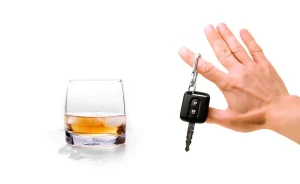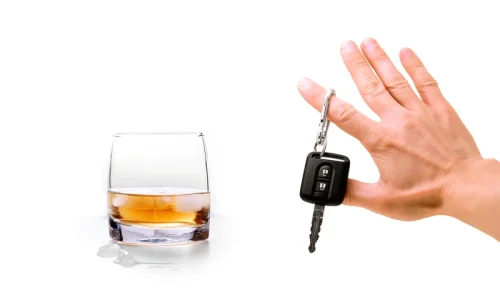
Building relationships in a positive, substance-free environment can be incredibly supportive for individuals navigating life after addiction. Explore how gardening can support addiction recovery by reducing stress, promoting mindfulness, and fostering a sense of purpose. Rediscovering your passion is a profound journey that requires reflection, commitment, and support. By understanding the importance of purpose, engaging in helping others, setting achievable goals, and celebrating progress, individuals can reignite the flame of passion in their lives.
Adult Addiction Treatment: Comprehensive Guide to Effective Recovery Options
If you’re using weed to self-medicate for anxiety, depression, or other mental health issues, you’re walking a dangerous tightrope. It’s like trying to put out a fire with gasoline – it might seem like it’s helping in the moment, but you’re just making things worse in the long run. Compared to other substances, cannabis addiction might seem less severe. It’s true that it doesn’t carry the same physical withdrawal symptoms as, say, heroin or alcohol. But don’t be fooled – THC vs nicotine addiction is a comparison worth exploring, as both substances can lead to significant dependence and withdrawal symptoms.
Suggestions to Help You Through Being Faced with Drugs in Recovery
- Support groups and peer counseling also provide a sense of community and accountability, which are essential for sustained recovery.
- It can also help you feel better and more energized as you cope with symptoms of withdrawal.
- Unfortunately, it also opens byways for marijuana abuse, especially among teenagers.
- You’ll get support from professionals who know how to help you recover.
- By fostering a nonjudgmental attitude toward their thoughts and feelings, individuals can better cope with the ups and downs of their recovery journey.
- However, some people may continue to experience these symptoms for several weeks or even months, a phenomenon known as post-acute withdrawal syndrome (PAWS).
These ancient practices are increasingly recognized for their profound impact on addressing the mental and emotional aspects of addiction, especially in preventing relapse. Through this article, we explore the benefits, types, and scientific backing of mindfulness and meditation as pivotal interventions in addiction treatment. Recognizing that recovery is often nonlinear, a more nuanced view of treatment is needed, one that acknowledges that there are multiple paths to recovery. Expecting complete abstinence may be unrealistic in some cases and can even be harmful. It can pose a barrier to seeking and entering treatment and perpetuate stigma and shame at treatment setbacks. Take note that addiction isn’t only really about the specific substance but about the underlying issues that led to substance use disorders in the first place, such as mental health issues.
What role does mindfulness play in trauma recovery?

Journaling about thoughts and feelings post-practice can also reinforce learning and provide insights into emotional shifts. Creating a mindfulness log can track progress in emotional regulation and stress management, highlighting the journey of personal drug addiction treatment growth in recovery. There is little scientific evidence to support the stereotype that people who return to use after a period of abstinence inevitably do so at the same intensity.

This provides a supportive, drug-free environment to work through treatment and begin recovery. As they make progress, they step down in levels of care and have fewer hours of programming. how long does weed stay in your system With advances in technology, online counseling, telehealth and teletherapy services are becoming more common and effective forms of mental health treatment. Addiction treatments were once restricted to in-person meetings, but they can now happen anytime and anywhere with a reliable internet connection. The Recovery Village offersteletherapy treatmentfor those who are struggling with substance use and mental health issues. Finding a facility with a full continuum of care is essential from overcoming an addiction.



